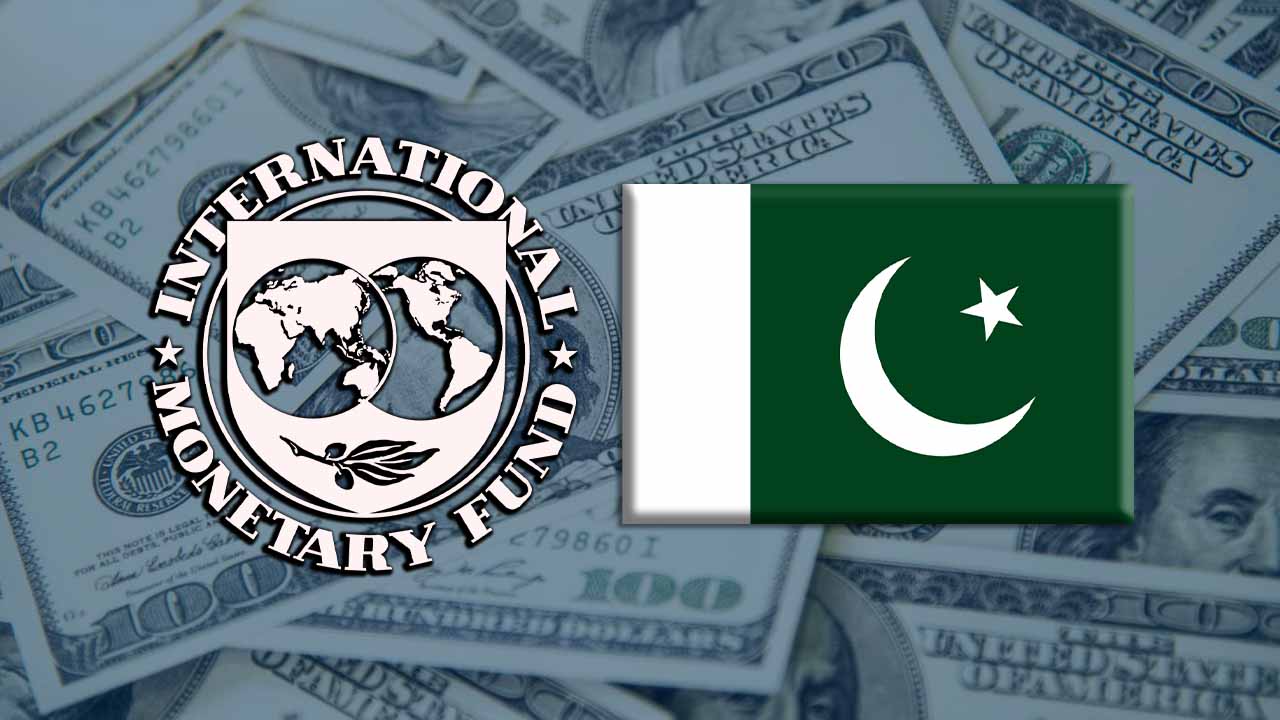IMF Agrees to Tariff Cuts and EV Policy Overhaul in Pakistan’s Budget Talks
The International Monetary Fund (IMF) has endorsed Pakistan’s proposal to reduce customs and regulatory duties under the forthcoming Tariff Policy 2025–30, a key development in the ongoing federal budget negotiations for 2025–26. Alongside these fiscal reforms, broader discussions are taking place on reshaping the country’s vehicle import strategy and energy policies to promote environmental sustainability.
Vehicle Import Liberalization and EV Shift
The Pakistani government has committed to lifting the ban on importing five-year-old used vehicles in the upcoming budget, signaling a liberalized automotive market. The IMF has further urged Pakistan to ease commercial vehicle imports and dismantle non-tariff barriers to improve trade flow.
As part of a national green strategy, Pakistan will introduce a comprehensive Electric Vehicle (EV) Policy, aiming for 30% of all new vehicles sold to be electric by 2030. The initiative includes a subsidy program for battery-powered vehicles and a national rollout of EV charging stations.
READ MORE:
Allied Bank Launches Solar Financing Program for Homeowners
To discourage the use of polluting, fuel-based vehicles, the government plans to impose a carbon levy of Rs. 5 per liter on petrol and diesel vehicles beginning July 2025. This levy will remain in place until June 2027. Additionally, a supplementary sales tax on fuel-based vehicles is under consideration. A significant increase in the petroleum levy—up to Rs. 100 per liter—is also being proposed for the next budget, though the exact amount remains under review.
Incentives for Local Industry and Environmental Goals
The government will lower tariffs in the auto sector and offer fresh incentives to local manufacturers to align with global trade and environmental standards. These reforms are projected to reduce emissions from smog-producing vehicles by up to 30% by 2030, supporting Pakistan’s climate commitments while stimulating trade and industrial competitiveness.




